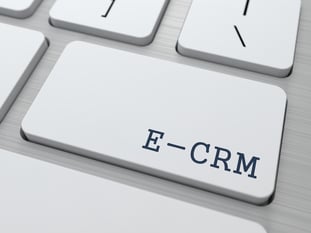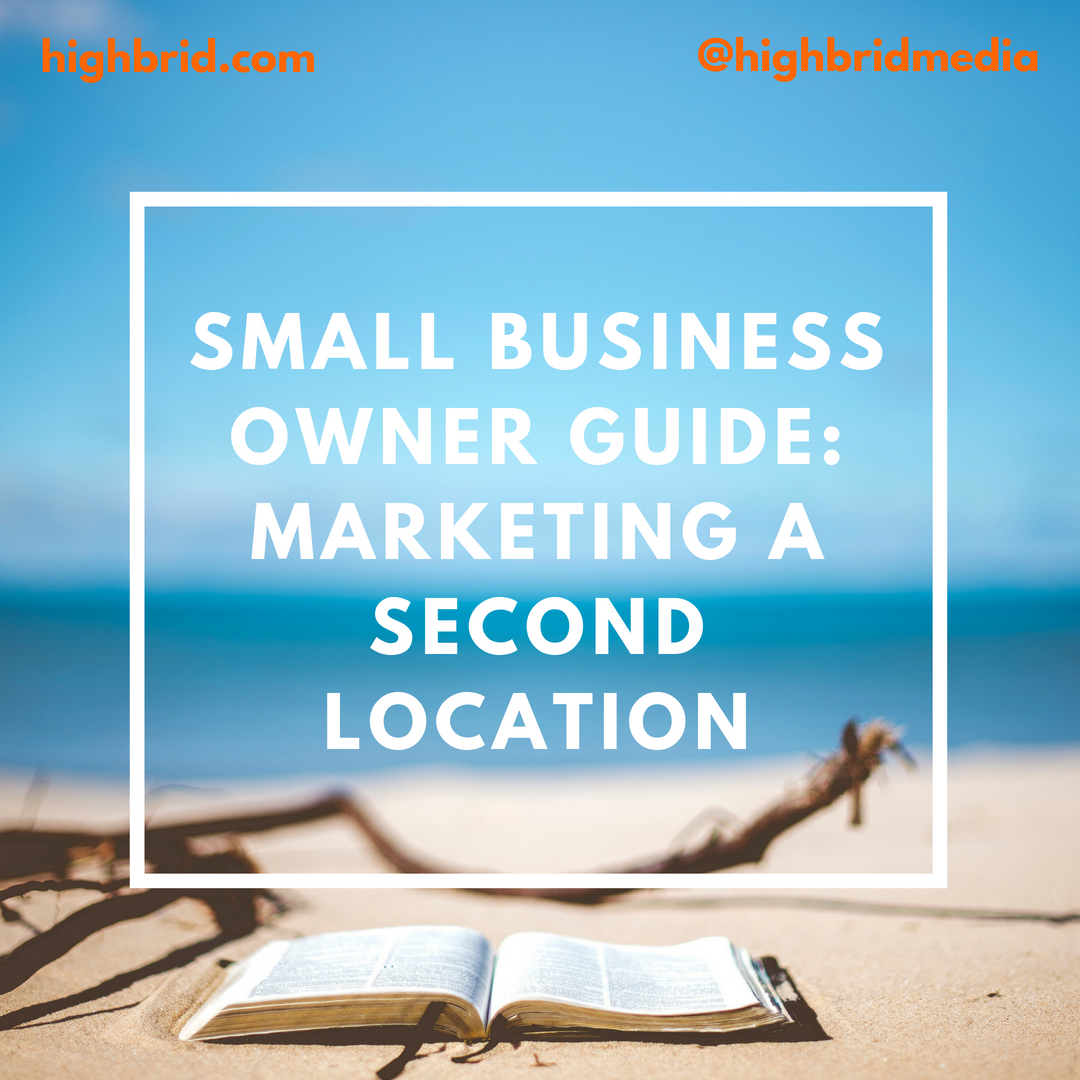5 Ways CRM Can Help Small Businesses

It’s rare to find a small business owner who wants to keep their business small. Most have aspirations (or even concrete plans) to scale the business, to either eventually sell, attract investors/capital, or pass the business down to younger generations.
These are great aspirations to have, however in speaking with small businesses, we’ve discovered that a majority of owners are unaware of all the cost-friendly solutions available to help them take their business to the next level. This is one of the biggest challenges facing small business owners today, but in order to take your business to new heights, you must operate like the business you want to become.
An important step in improving the quality of your business is the database in which you store, document, and track essential information about your customers. Here’s where CRM comes in. CRM (or Customer Relationship Management) software is, as the name suggests, a tool to help business efficiently manage the relationship with customers, current and prospective.
The best part is some platforms offer CRM for free! Yes, free. Not sold yet? Here are 5 ways that implementing a CRM into your business can immediately improve your efficiency, and more important, your bottom line.
1. Customer Contact Records
This is the most basic function of a CRM. The importance of keeping scrubbed, up-to-date customer records can’t be overstated. How do you account for changes in contact information? For example, you run a clinic and a patient marries and changes their last name, moves and changes her address, or gets a phone and changes her number.
You might be saying to yourself, “I have a spreadsheet that I use to keep track of all that information.” That’s fine when you’re first starting out but you can’t run your business from a spreadsheet long term, it’s not sustainable.
CRM’s are great because their intuitive and can integrate with other platforms that your’re currently using, like a POS system. Back to the clinic example: Imagine a world where Mrs. Johnson, who used to be Ms. Smith, swipes her new credit card at your office and automatically all of her contact information is updated. You didn’t open one spreadsheet or need to make a reminder to change the information later.
This is just one example for one customer but imagine your business is growing and now you have 10 Mrs. Johnson’s. You could see how a CRM would save you a tremendous amount of time and energy as you begin to scale.
2. Keeping Track of Customer Activity
How much is a customer worth to you over the course of their lifetime? This is a question we ask small business owners all the time. Some know, but most don’t. If you run a good shop, no matter what business you’re in, you’ll have customers that will be loyal and come to you for services or a product multiple times throughout the course of their life. A CRM helps you track their activity as it relates to your product or service.
Once you begin tracking customer activity and analyzing the data (access to metrics and data being another benefit of CRM use) you may find opportunities to, as I like to call it, squeeze more juice out of the orange or increase the lifetime value of that customer to your business.
Imagine that a medical clinic or dentist office using a CRM system to track patient activity deduces that prompting new patients for their insurance a few weeks before the first day of the office’s billing period, they’re able to get that patient in for one more visit for the year that insurance will pays for.
Now imagine the implications for growth if you all of a sudden have every patient coming in for one more visit during the course of the year and how that could positively impact the business. Tracking client activity gives you this type of insight and a robust CRM is the best way to get it.
3. Organization Wide Access
So you’re a solopreneur now or maybe a have a small staff, but remember, this conversation is in the context of things to help you grow. As you begin to grow and expand with different departments, people and functions, like sales and marketing, a CRM will be crucial in keeping necessary staff all have access to the same information like, client correspondences, behavior, contact information, etc.
CRM is also useful in assigning contacts and tasks related to contacts to specific staff or departments within your company. Also, most CRM’s are now cloud based so you can access the platform and information from anywhere with WiFi. This opens up options like working remotely or hiring staff who work remotely. All changes and adjustments are tracked so you’ll always know if, who, and when something was changed in the CRM system.
4. Marketing Functions
More robust solutions now offer full fledged marketing functions included with your CRM. This is really where you get a lot of utilization in having all of your contacts in this system. You have the ability to build and create content like blogs, videos marketing emails, schedule social media to multiple platforms, etc.

You can also segment your database into lists according to behaviors or buying trends and then build campaigns specific to those lists. These CRMs are also going to give you so much back end metrics that might be difficult to weed through at first, but once you get familiar with the platform, it will open a whole new world! You’ll learn what marketing messages, platforms, and techniques resonate most with your target buyer persona.
5. Sales Functions
Modern CRMs have great sales functions as well, like tracking the life cycle of a deal and the ability to take meeting notes on a specific contact record. Sales teams can also make and record calls for training purpose from a contact record, book appointments, send agreements to signed, and list goes on.
Similar to the marketing functions, this can be automated and segmented into specific lists and workflows. You can also track if marketing and sales are working closely together to help improve the business.
What if marketing is creating great material/content generating leads and converting to SQLs (Sales Qualified Leads) but sales isn’t following up on those leads. Or marketing is sending sales leads that they’re calling SQL’s but really they need more nurturing. These are all trackable elements in your CRM.
You didn’t start your small business to stay small. Granted you may not have resources to access all of the tools you want and need but if you do plan to grow, a CRM is a great place to start and as mentioned before a lot of them are free to begin. What are your thoughts on CRM us for small business? Please comment in the section below we love to get your feedback.
Share this
You May Also Like
These Related Stories

Growing Your Small Business in the Amazon Age

5 Social Media Business Marketing for Talking Politics



